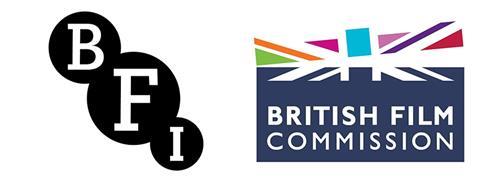I don't want to repeat what I've already posted in several of the threads complaining about cinema films and Hollywood, but it bears repeating that endless sequels and a lack of imagination is really nothing new. How many Frankenstein, Wolfman and Curse of the Mummy films were made? How many Tarzan films were made? We get what we deserve. If we pay to see the film then they will make more of the same. If it is trash, then they will just make more trash. They can do that because it makes them money. You have accountants in charge, not story-tellers. The big difference is when something can't possibly make the kind of money spent but they do so anyway. Wasn't the recent Batgirl film never shown and the money spent reclaimed on insurance? If true, then that is just crazy.
Remakes and a lack of imagination are fine as long as the movie is good. We've been essentially watching 007 go through the same hoops movie after movie, but they remain popular because they are so good. The likes of the 'Carry On' and 'Hammer' films and movies starring comedians like Norman Wisdom and Laurel and Hardy etc were essentially the same thing. But because they gave the audience what they wanted, no one cared about the lack of variety/imagination.
The contrary nature of humans is that we demand something original, but we will usually consume what is familiar. Which is why some truly great movies/games/tv shows slipped under the radar simply because they were too different, or competing against something more familiar/popular.
The problems start when the providers think that the public will buy any old crap simply because it has a known licence attached to it. The Star Wars prequels sucked because the dialogue was terrible, the acting often wooden, the bits that were meant to be funny being anything but and the idea that public buying tickets to watch a science fiction spectacular about Rebels fighting the Empire instead got a storyline about trade embargos. Crystal Skull failed (to an extent) because of ropey CGI and putting Indiana Jones into situations that were either unrealistic or not appropriate for the character. Having said that these movies were commercial successes despite - certainly not because - of these failings. But eventually taking the public for granted will cost cinema, just as Atari found out with the video game crash of the early 80s.
James Bond and Doctor Who have proven that you can continue a franchise successfully without the main lead actor, as long as the story is good and the suspension of disbelief is there. Sean Connery and Roger Moore were completely different styles of actors, but by retaining the music, the atmosphere and all the other trappings of 'Bond', the audience accepted the change of actor without needing an explanation or reality check. Obviously Doctor Who has an explanation for the transformation which helps, and this was fine when moving from Hartnell to Troughton to Pertwee to Baker, as the quality of the acting, storylines and atmosphere was still there. If it feels like Who, then - despite the Doctor having a different appearance - it is Who. The problem comes when the character - rather than the face - of the protagonist changes, or when the writing starts to go downhill. When simply sticking 'Doctor Who' onto any screenplay and expecting it to popular no longer works. Gradually you wear down your audience until the character means nothing to them.
Indiana Jones can continue, and be successful, but it needs a reset. Bring in a new young, fresh actor. Give them a story between 'Young Indiana Jones and' Raiders, or set a story during WWII. Perhaps introduce the character to the audience with face obscure, whip in had, then as he/she raises their face to the screen with the John Williams music blaring out, and the audience will believe it's Indy regardless of their facial appearance. Forget trying to find new scripts, de-aging and CGI to make up for the fact that Harrison is now 80, and get back to the roots of what made Raiders so popular in the first place.






